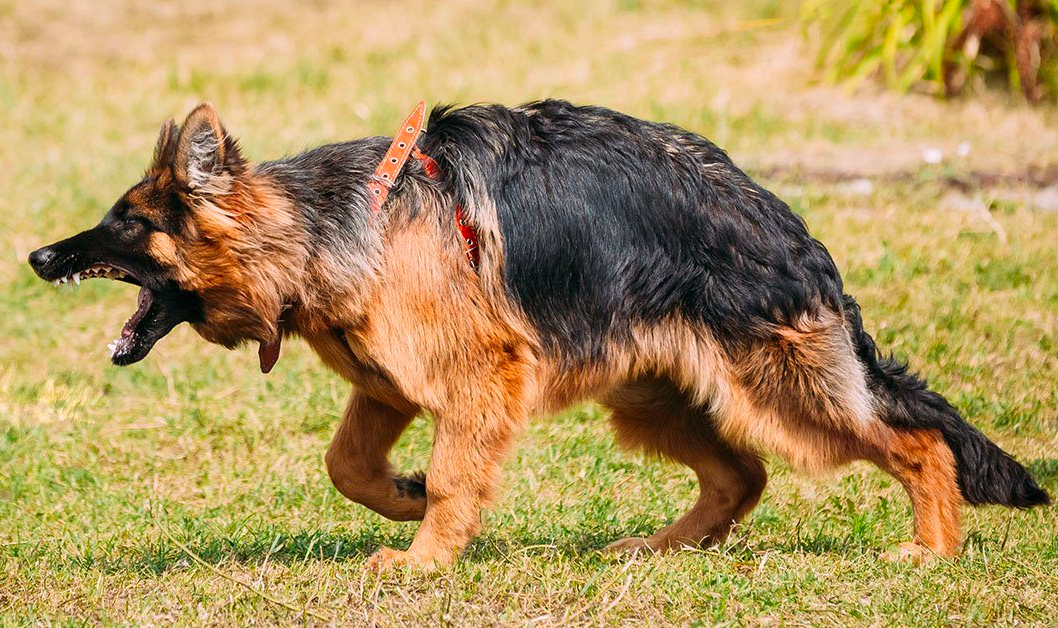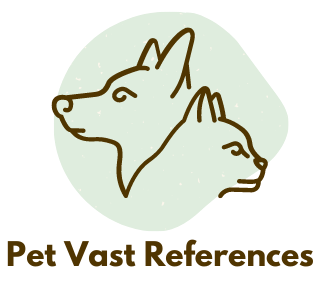Contents
Digestive problems are very common among dogs. The process of digesting food initiates with swallowing and the food makes its way through the digestive tract, which is made up of a number of muscles. It helps in the proper movement of food, producing enzymes. The digestive tract needs to digest, absorb nutrients, move seamlessly, and eliminate feces. Gastrointestinal diseases are very common and some of the most usual symptoms that you are able to trace are Loss of appetite Problems in swallowing Excess accumulation of gas nauseating feeling and continuous vomiting Constipation and diarrhea.

Vomiting and Gastritis
The dogs have the habit of eating grass and other indigestible things, picking them from garbage and other places. Dogs are more prone to throwing up when they eat grass and other decaying materials. Gastritis where inflammation is observed of the stomach lining can be due to the intake of excess indigestible things. Sometimes it leads to viral or bacterial infections. In the case of the pups of German Shepherds and other dogs, it is the endoparasites or the variety of worms which fill up the belly of the dogs in large numbers, leading to vomiting. The pet owners can hold back food for some time in order to put the dog relief from throwing up continuously. Why not check out why your German Shepherds eat grass?
Torsion
Torsion, in other words, is called bloating and it is detected in deep-chested dogs like German Shepherds. Simple dilation or swelling of the stomach because of the excess accumulation of gas can happen at any time. Much research has been carried out so that surgical treatment can be meted out to offer relief to dogs. Torsion is common but it is not considered a very serious disease till a dog is capable of passing food into the duodenum. The symptoms of torsion include:
- a swollen abdomen
- the lazy action and activities of
- the dog comes up with froth and fumes while trying to vomit
- the spleen appears to be a hard lump
Diarrhea
Diarrhea is associated with parasitism and disorders cropping up from excess eating, chemical irritation of intestinal linings, microorganisms, pancreatic inadequacy, and the like. The large-chested dogs like the German Shepherds who are robustly built tend to indulge in over-eating, which is one of the common problems leading to diarrhea.
Toxic Gut Syndrome(TGS)
TGS is a specific syndrome that commonly crops up in German Shepherds and other breeds. This disorder has similarities with another medical condition that the dogs are usually inflicted with, known as intestinal volvulus. The German Shepherds have an increased number of blood cells per unit and it affects them when there is a lesser blood supply to the intestines. If a dog suffers from dehydration or an elevation in the growth of bacteria is observed in the intestines, the pet owner should realize it is Toxic Gut Syndrome. The bacteria are destructive in the way they produce large quantities of bacteria and it often leads to death because of poisoning. It is very difficult to detect and a delayed diagnosis makes the pet owners take futile action to save the dog.
Some of the other Problems
- Ulcers are predominant in German Shepherds and they can be associated with pancreatic problems
- An incessant bout of diarrhea can make the dogs suffer from colitis
- If a dog is plagued by a spastic colon or irritable colon, it can be a source of great discomfort for the dogs
Pancreatic Problems
The pancreas has a role to play in the digestion of food properly. The endocrine cells are in charge of secreting hormones into the circulatory system. Some German Shepherds and other breeds are inflicted with clinical pancreatitis and the symptoms are the coat of the dogs becoming dry, reflecting an emaciated look. Often the dogs are prone to eat more with the problem of poor digestion bothering them. It can be traced from loose stools with undigested starches. Pancreatic atrophy is observed in many dogs and it is usually inflicted in pups who are not even a year old. If you want to know the symptoms, then it is the loss in the sheen of the coat of the dog, the lesser urge to eat, and the like.
Treatment
Digestive problems which are common canine diseases can be cured with the top-quality medicines that experienced and expert vets prescribe. Some problems can be offered permanent relief via surgeries. Pet owners can keep a tab on the food habits and the diet of their dogs if they want to ensure the good health of their beloved canines. It is the apt training of the dogs via well-planned training programs, which can help the pet owners to make their dogs give up their bad eating habits. Proper treatments are very necessary to make a dog keep at bay digestive tract disorders.

 Enlarged Heart in German Shepherds: Signs and Treatment
Enlarged Heart in German Shepherds: Signs and Treatment